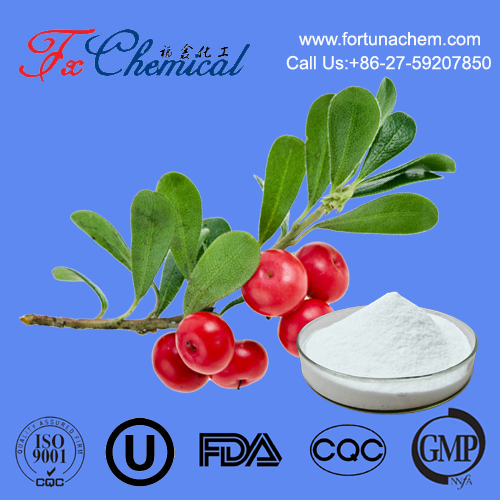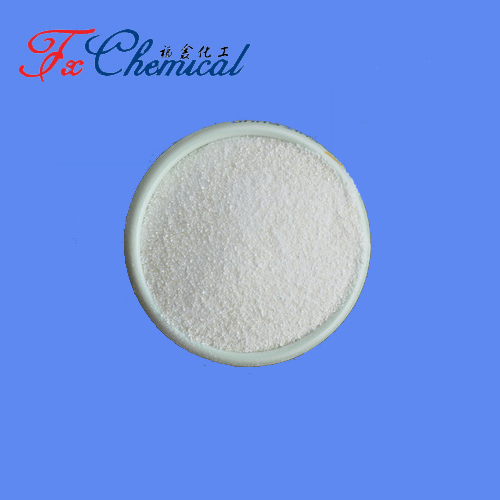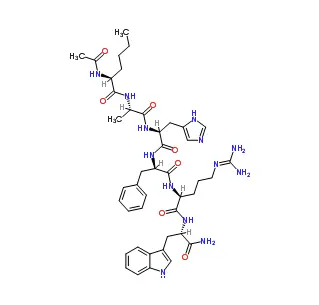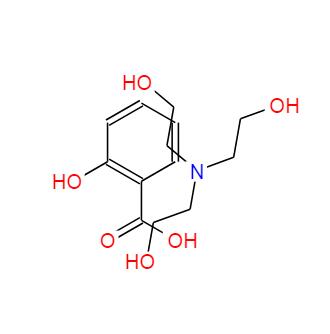
Search

Search

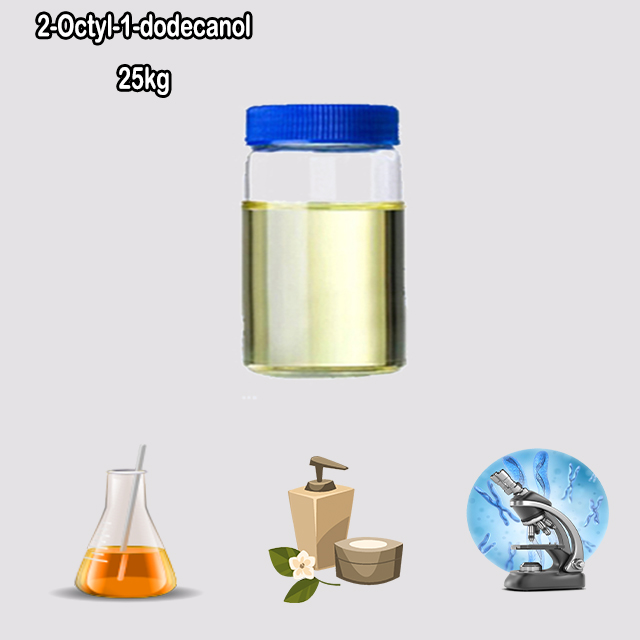
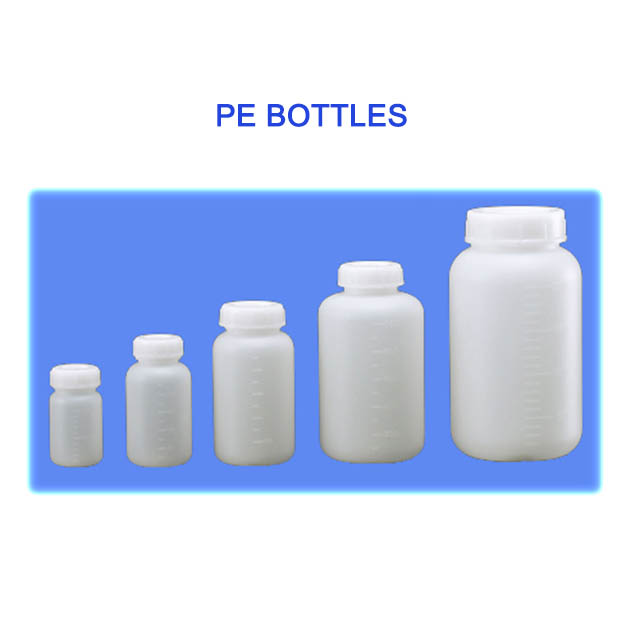
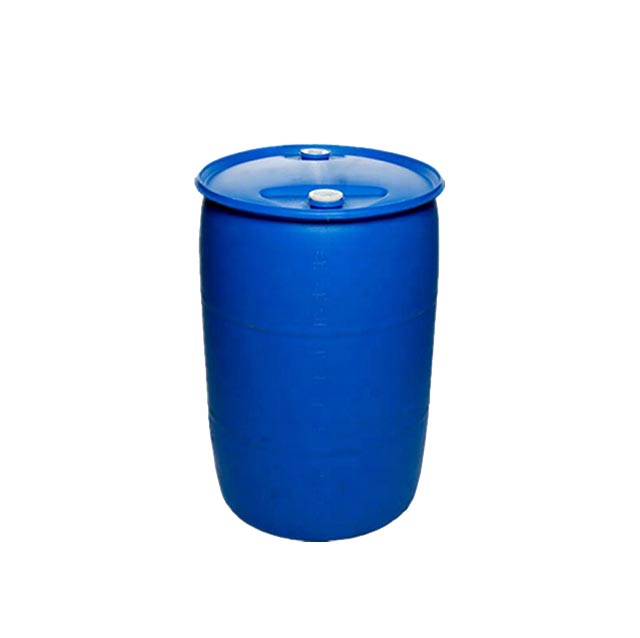
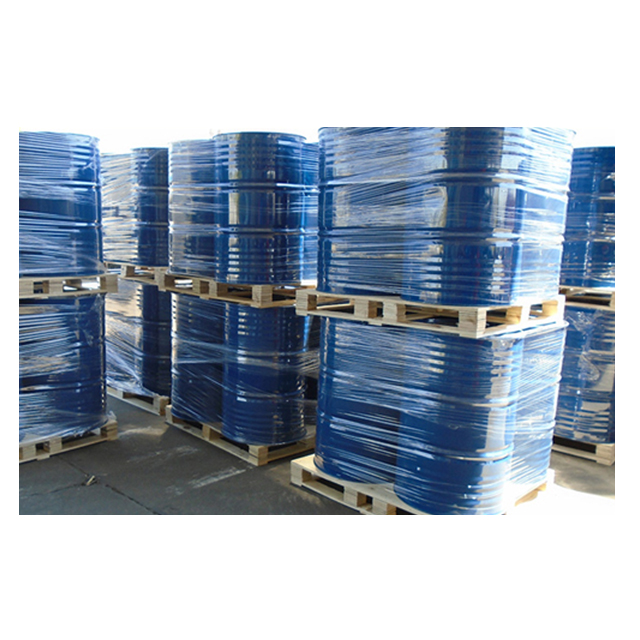
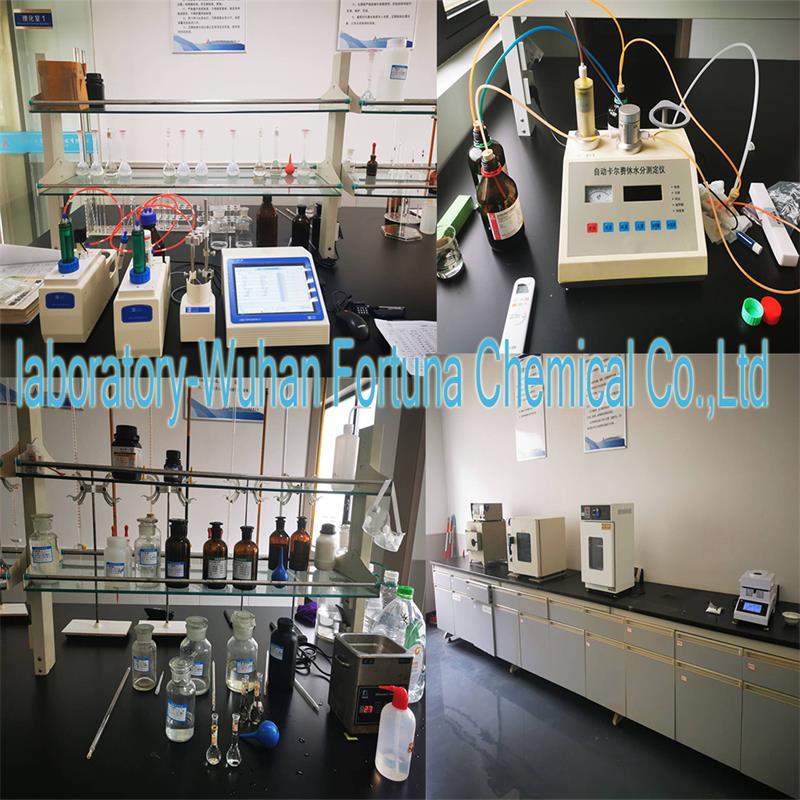





2-Octyl-1-dodecanol is a synthetic, branched fatty alcohol primarily used in cosmetics as a lightweight emollient. It is valued for its ability to soften skin and hair without a greasy feel, providing a smooth, silky texture. It also acts as a solvent for other ingredients and helps control product viscosity. Commonly found in moisturizers, sunscreens, foundations, and hair conditioners, it enhances spreadability and absorption. Its non-irritating nature and stable properties make it a popular, safe ingredient in personal care formulations.
2-Octyl-1-dodecanol is a synthetic, branched-chain fatty alcohol. It is primarily used in the cosmetics and personal care industry as an emollient (skin softener), solvent, and viscosity controller. It is prized for its light, non-greasy feel and excellent spreadability on the skin.
Structure: It is a branched alcohol with a long carbon chain. The name describes its structure: a dodecanol (12-carbon) chain with an octyl (8-carbon) branch attached at the second carbon.
Formula: C₂₀H₄₂O
Appearance: It is typically a clear, colorless liquid.
Key Characteristics:
Low Surface Tension: This allows it to spread easily and penetrate quickly.
Low Viscosity: Contributes to its light, silky texture.
High Boiling Point: Makes it stable in various formulations.
Non-Greasy Feel: This is its most valued property, distinguishing it from many other emollients.
Its properties make it a highly versatile ingredient, especially in cosmetics:
1. Emollient:
Its primary role is to soften and smooth the skin. It fills the spaces between skin flakes, creating a smooth surface. Its branched structure and low viscosity give it a distinctly light, silky, and non-occlusive feel, unlike heavier oils like mineral oil.
2. Solvent:
It is an effective solvent for other oil-soluble ingredients, helping to dissolve them evenly into a formulation. This is useful for sunscreens, makeup, and products containing fragrances or active ingredients.
3. Viscosity Modifier:
It can be used to reduce the thickness (viscosity) of formulations, making them easier to spread and apply without leaving a heavy residue.
4. Carrier Agent:
It helps deliver active ingredients into the skin.
You will find 2-Octyl-1-dodecanol in a wide range of personal care and cosmetic products, including:
Skin Care: Moisturizers, lotions, sunscreens, anti-aging serums, and cleansers.
Hair Care: Conditioners and hair serums (to provide shine and reduce frizz without weight).
Color Cosmetics: Foundations, lipsticks, and mascaras (to improve texture and application).
Decorative Cosmetics: Nail polish (as a solvent for film-forming agents).
Safety Profile: 2-Octyl-1-dodecanol is generally considered safe for use in cosmetics. It has a low potential for skin irritation and is not considered a significant sensitizer.
Regulation: It is approved for use in cosmetics worldwide and is listed in the International Nomenclature of Cosmetic Ingredients (INCI).
| Aspect | Description |
|---|---|
| What it is | A synthetic, branched-chain fatty alcohol. |
| Primary Function | Emollient and solvent in cosmetic formulations. |
| Key Benefit | Provides a light, silky, non-greasy feel on skin and hair. |
| Common Uses | Moisturizers, sunscreens, makeup, hair conditioners. |
| Safety | Generally considered safe with a low irritation potential. |
In essence, 2-Octyl-1-dodecanol is a workhorse ingredient in modern cosmetics, valued for its ability to improve the texture, spreadability, and sensory feel of a product without adding a heavy or greasy finish.
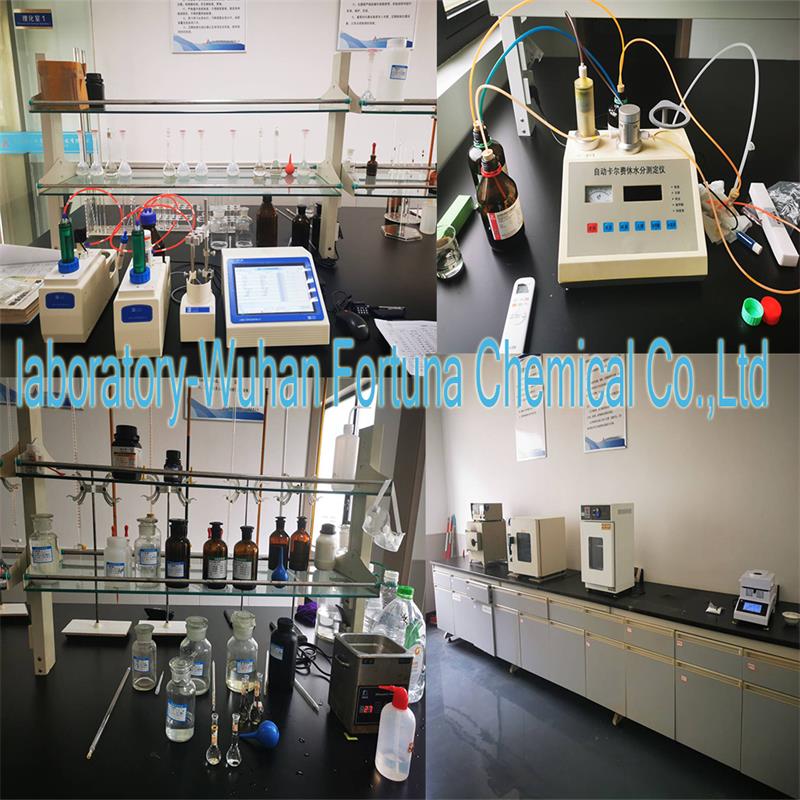
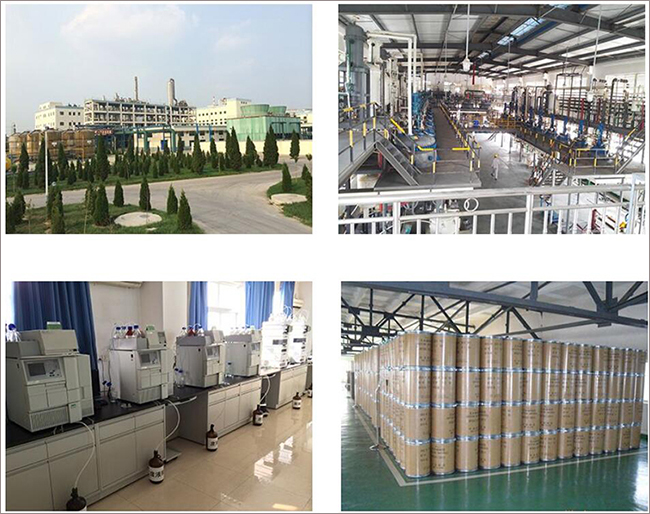
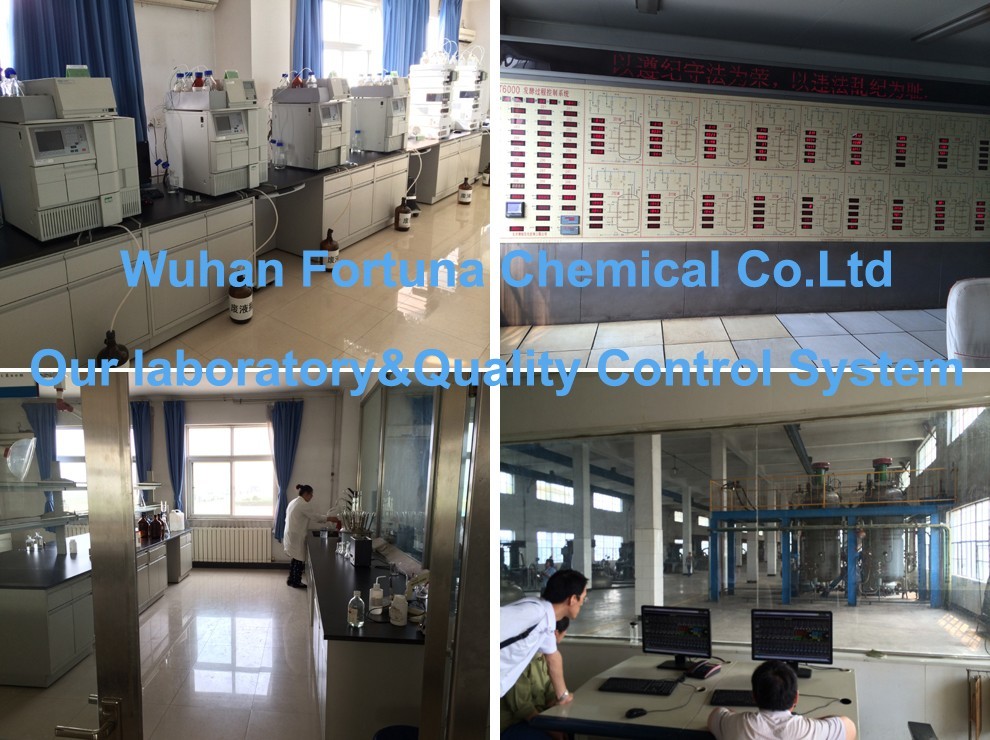

Fortunachem Provides Not Only Professional Chemical Products But Also Professional Help
Keeping you up-to-date with all the latest information, news, and events about Fortunachem!

Quick Links
Add:
E-mail:
 English
English  Español
Español  français
français  العربية
العربية 